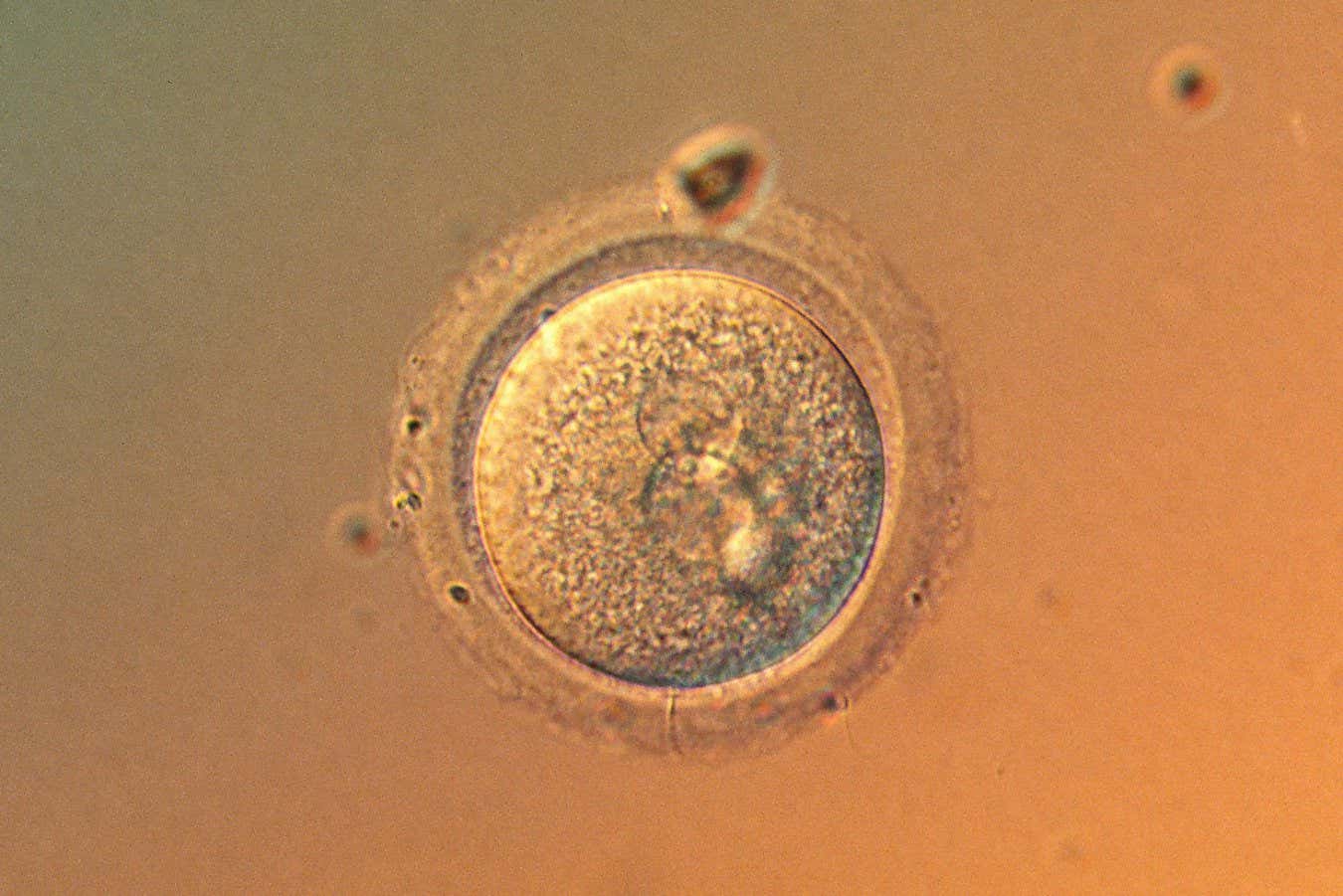Now Reading: RFK Jr. Cuts Funding for mRNA Vaccine Tech with Potential to Revolutionize Medicine
-
01
RFK Jr. Cuts Funding for mRNA Vaccine Tech with Potential to Revolutionize Medicine
RFK Jr. Cuts Funding for mRNA Vaccine Tech with Potential to Revolutionize Medicine

quick Summary
- Teh U.S. Department of Health and Human Services (HHS) announced the cancellation of $500 million in funding for messenger RNA (mRNA) vaccine projects aimed at pandemic preparedness.
- This decision has faced criticism from medical professionals, including Stanford University’s infectious diseases specialist Jake Scott, who described it as a misunderstanding of vaccinology.
- mRNA technology enables faster and more flexible vaccine growth. Unlike customary vaccines, mRNA instructs cells to make proteins that trigger immune responses without using whole pathogens.
- mRNA-based research extends beyond infectious diseases to treatments for conditions like cancers, autoimmune diseases, and genetic disorders such as sickle cell anemia.
- The canceled grants included initiatives to develop an mRNA vaccine against H5N1 avian influenza-a significant pandemic threat.
- Drew Weissman from the Perelman School of Medicine highlighted ongoing research on 30+ mRNA vaccines targeting illnesses like HIV, malaria, tuberculosis, and influenza.
Indian Opinion Analysis
The cancellation of funding highlights a setback for global public health innovation with potential ripple effects on India’s healthcare landscape. As India continues it’s strides toward becoming a biotechnology hub-evidenced by being among the first nations to adopt COVID-related genetic vaccines-reduced global momentum in groundbreaking technologies like mRNA might slow collaborative advancements vital for low-cost innovations suited to indian demographics.
India stands to benefit immensely if global efforts remain consistent in researching adaptable technologies such as mRNA given their request beyond pandemics into chronic and rare diseases disproportionately affecting regions with limited access to high-end care systems. This scenario also underscores the need for self-reliant domestic investment in emerging biotechnologies that align with national health priorities while actively participating in international scientific collaborations.























